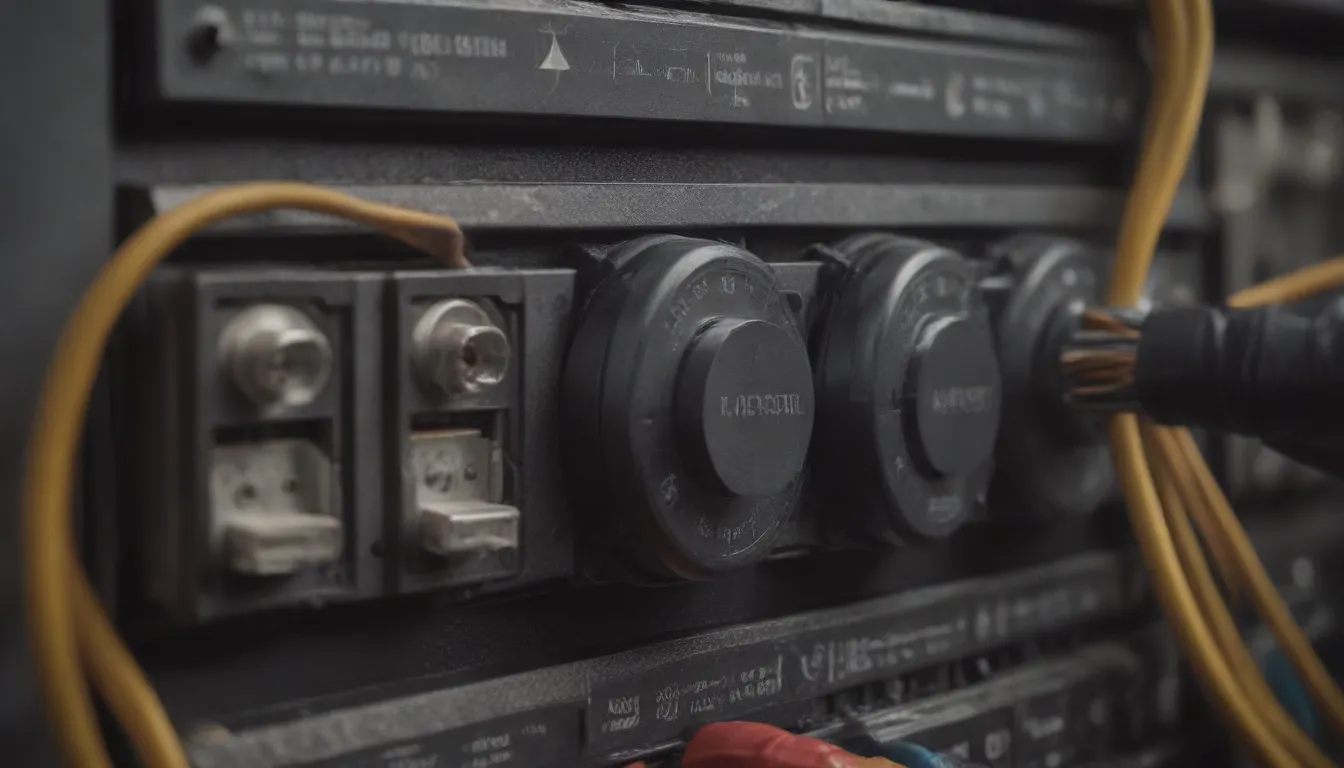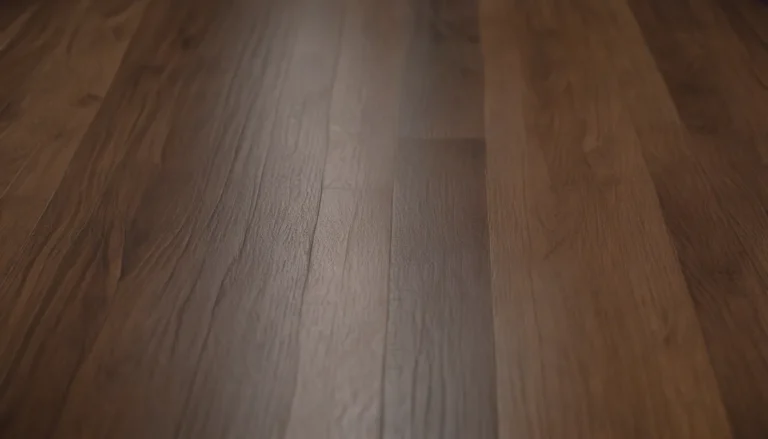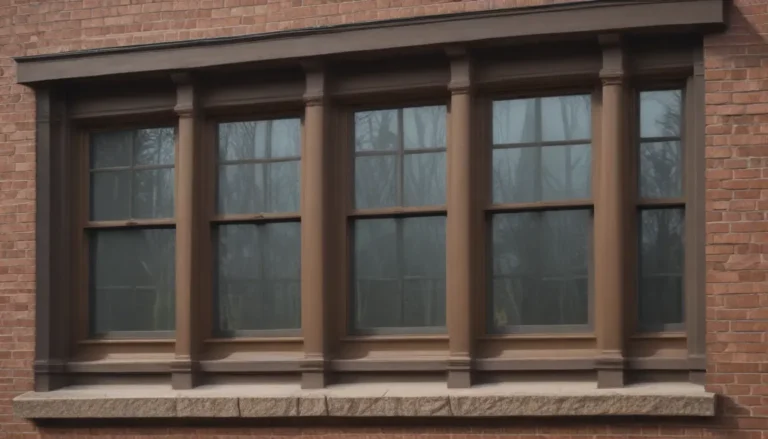Everything You Need to Know About Electrical Inspections

If you’re embarking on a new construction project or planning a renovation that involves electrical work, then you’ll likely need to undergo an electrical inspection. This crucial step ensures that the electrical installation in your home meets all the necessary safety codes and regulations. Whether you’re hiring a professional electrician or tackling the job yourself, understanding what to expect during an electrical inspection is essential for a smooth and successful process.
Why Electrical Inspections Are Essential
Electrical inspections are necessary for several reasons, including new construction projects, major renovations, and buying or selling a property. These inspections help to ensure that the electrical work is done correctly, following the required codes and standards. By undergoing an electrical inspection, homeowners can rest assured that their electrical system is safe and up to par.
Two Rounds of Electrical Inspection
When it comes to electrical inspections, there are typically two main rounds: the rough-in inspection and the final inspection. The rough-in inspection occurs when all the electrical components, such as boxes, cables, conduit, and wires, are in place before the walls are closed up. This inspection is crucial to ensure that the wiring is done correctly and to code.
The final inspection takes place once the construction or renovation is complete, but before the space is occupied. During this inspection, the inspector will check to see that all electrical components are functioning properly and that everything is up to code. If everything meets the required standards, you will receive approval to use the space.
What Inspectors Look For
During an electrical inspection, inspectors will be looking for specific things to ensure that the electrical work is done correctly and safely. Here are some key aspects inspectors typically focus on:
- Proper circuits: Inspectors will check that the right circuits are in place for various electrical components.
- GFCI and AFCI circuit protection: Ground Fault Circuit Interrupter (GFCI) and Arc Fault Circuit Interrupter (AFCI) protection is essential for safety.
- Electrical boxes: Inspectors will check that electrical boxes are properly installed and secured.
- Box heights: Boxes should be installed at the correct height for easy access and safety.
- Cables and wires: Inspectors will ensure that cables and wires are installed correctly and securely.
- Cable anchoring: Cables should be anchored properly to prevent damage.
- Wire labeling: Wires should be labeled for easy identification and maintenance.
- Surge protection: Adequate surge protection is essential to safeguard electrical devices.
Inspectors may have specific preferences or additional requirements based on their experience and knowledge. It’s essential to communicate with the inspector and follow their guidance to ensure a successful inspection.
Tips for a Successful Inspection
To ensure a smooth and successful electrical inspection, consider the following tips:
- Prepare in advance: Before the inspection, double-check that all electrical work is completed and meets the necessary requirements.
- Communicate with the inspector: Ask questions and seek guidance from the inspector to address any concerns or uncertainties.
- Be proactive: Take steps to address any potential issues or corrections before the inspection to expedite the process.
- Follow code requirements: Ensure that all electrical work meets the required codes and standards to avoid delays or rejections.
- Stay informed: Stay updated on the latest electrical codes and regulations to ensure compliance with current standards.
By following these tips and working closely with the inspector, you can streamline the inspection process and ensure that your electrical work meets all the necessary requirements.
In Conclusion
Electrical inspections are a crucial part of any construction or renovation project involving electrical work. By understanding what to expect during an electrical inspection and following the necessary guidelines, you can ensure that your electrical system is safe, compliant, and up to code. Remember, inspectors are there to help and ensure your safety, so don’t hesitate to ask questions and seek guidance throughout the inspection process. With proper preparation and attention to detail, you can navigate the electrical inspection process with ease and confidence.





